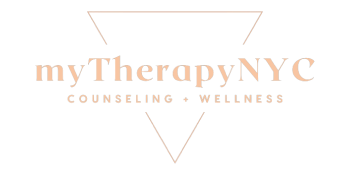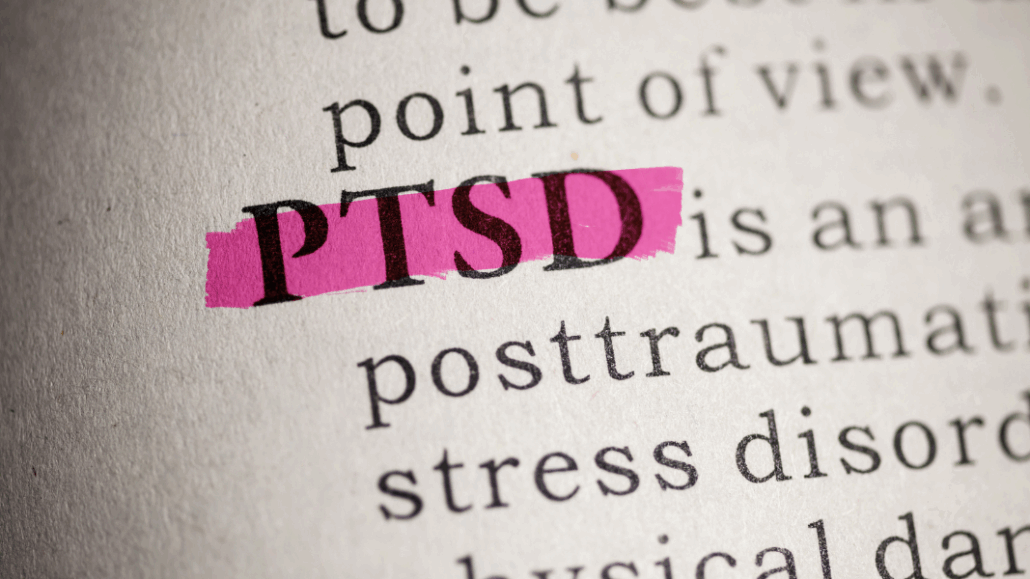When we hear the word trauma, many of us think of isolated, life-threatening events — war, assault, natural disasters. These are commonly associated with Post-Traumatic Stress Disorder (PTSD). But Complex PTSD (CPTSD) is a reference to trauma that is prolonged and repetitive, often rooted in chronic abuse, neglect, or oppressive environments, especially in childhood or over long periods of time.
CPTSD shares many symptoms with PTSD (for example, hypervigilance and flashbacks), but it also includes struggles with identity, chronic shame, difficulty trusting others, and long-term relational issues. Despite its profound impact, CPTSD is still met with skepticism or underdiagnosis within the mental health community, leaving many to feel unseen or misdiagnosed. This blog aims to help in understanding trauma and the differences between PTSD and CPTSD.
Read more about the differences between PTSD and CPTSD.
Understanding Trauma in BIPOC Communities
For BIPOC (Black, Indigenous, and People of Color) communities, trauma doesn’t occur in a singular perspective. It is often shaped by generational, structural, and cultural forces such as colonization, systemic racism, slavery, or even cultural erasure. BIPOC individuals also experience “small-t” traumas. These can look like microaggressions, cultural invalidation, and chronic stress from systems that were not designed for these populations. Over time, these experiences can deeply impact the nervous system, reinforcing cycles of hypervigilance, isolation, or emotional shutdown/dysregulation.
CPTSD doesn’t always look like a ‘’one size fits all’’ experience. Many people live with it for years without knowing. You might feel a constant sense of feeling unsafe, have difficulty with setting or maintaining boundaries or trust, or experience numbness followed by emotional overwhelm. This often leads to self-blame or confusion. CPTSD can distort one’s sense of self. This makes it difficult to recognize that the issue is not a personal flaw, but a deeply embedded trauma response.

Trauma-Informed Ways to Cope With CPTSD
Radical self-compassion
One of the most effective ways to begin healing from CPTSD is through radical self-compassion. You can offer yourself care, curiosity, and patience instead of judgment. Believing in your capability to start healing from traumatic experiences can lessen self-criticism. It can promote, invite, and grant permission to experience more peaceful moments throughout your personal growth.
This practice can be specifically helpful for BIPOC individuals who may have internalized societal narratives of toughness, silence, or emotional stoicism. Self-compassion involves actively integrating gentleness into your self-care: validate your pain, acknowledge your progress, and reconnect with your inherent self-worth.
Through self-compassion, people can begin to rebuild a sense of safety within, fostering secure relationships, not just with others, but also with themselves.
Relational Therapy
CPTSD often stems from relational wounds such as abuse, neglect, betrayal, or emotional unavailability within intrapersonal relationships. Relational therapy addresses these wounds by creating new, safe experiences in a relationship with a therapist. This therapeutic space models trust, emotional safety, compassion, and mutual respect. Over time, clients can learn how to recognize their needs, communicate boundaries, and re-pattern attachment behaviors. For BIPOC individuals who may feel hyper-independent or mistrustful due to cultural or historical relationship dynamics, relational therapy can provide a deeply healing corrective experience.
Somatic Therapy
Trauma lives in the body. Many people with CPTSD experience chronic physiological symptoms like tightness in the chest, digestive issues, restlessness, or disconnection from bodily sensations. Somatic therapy helps restore the connection between mind and body through gentle, body-based practices. Grounding, breathwork, body scanning, and movement support nervous system regulation, making it easier to respond rather than just react to stressful experiences. Somatic therapy also offers a path to reclaim your own agency and to live an embodied experience connected with your physical body.
In essence, the use of trauma-informed therapy can be restorative in actively healing CPTSD. The intentions of these therapeutic practices provide a relational space for individuals to feel safe. These emotionally corrective experiences can help people develop a new relationship with both inter-and intrapersonal safety, along with moving forward with healing beyond building intellectual self-awareness.
A Guide For Embodied Racial Healing
My Grandmother’s Hands is a book written by somatic therapist, Resmaa Menakem. He delves into the role of racialized trauma in the body and emphasizes that healing from white-body supremacy and generational trauma must begin at the somatic level: within the nervous system.
Menakem’s work details to BIPOC communities the value of honoring collective, and even ancestral, pain. His book can help people honor inherited wounds from generational trauma and help address healing by learning body awareness, cultural reconnection, and community-based healing.
Read more about trauma impacts.
Overall, healing from CPTSD means changing your relationship with your past. By integrating radical self-compassion, relational safety, and somatic awareness, people can begin to reshape the trauma narratives that once felt so fixed and transform into embodied people with values that are consistent with healing and restoration. For BIPOC communities, rewriting your life story allows you to reclaim your voice, rebuild trust, and reconnect with joyful experiences. It’s about choosing healing beyond just survival of the day-to-day. Healing is possible! Through culturally sensitive, embodied, and relational approaches, people can reconnect with themselves and others in ways that feel safe, nourishing, and real.
Interested in exploring trauma in therapy? Reach out to myTherapyNYC to find out which of our therapists would be a good fit for you!
Which trauma-informed therapy approach interests you the most when it comes to treating CPTSD? Join the conversation in the comments below!
- When Trauma is Ongoing: Understanding PTSD vs Complex PTSD - August 28, 2025
- How to Navigate Family Stress During the Holidays - December 19, 2024
- 5 Tips for Executive Functioning with ADHD - November 29, 2024




1 comment
I noticed myself feeling somewhat soothed just from reading this. I also wrote a couple things down to share with specific clients. Great job!